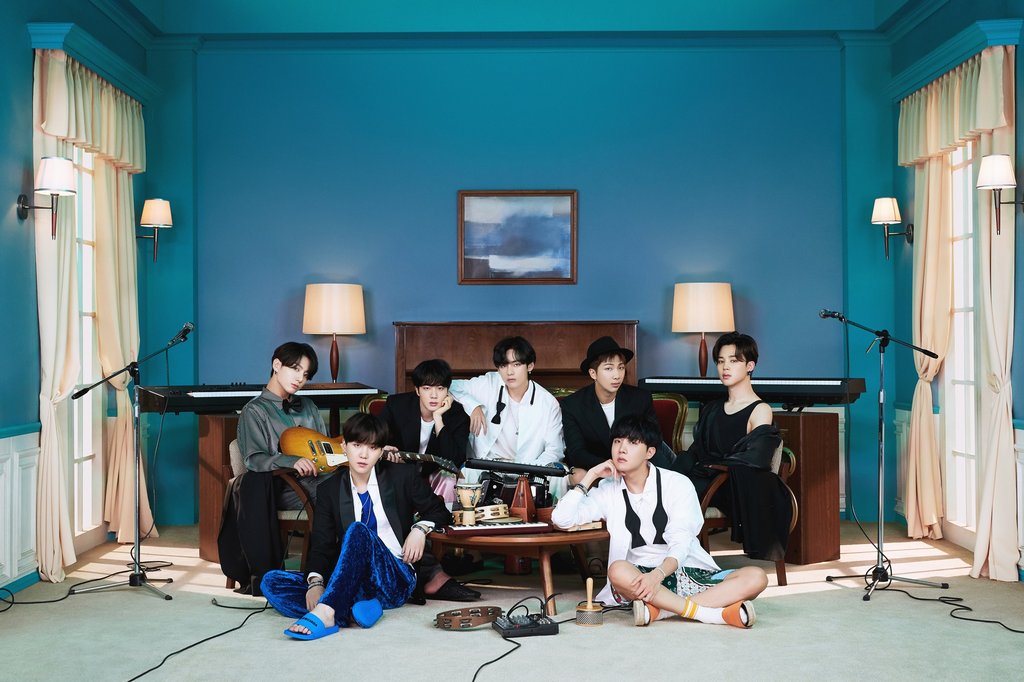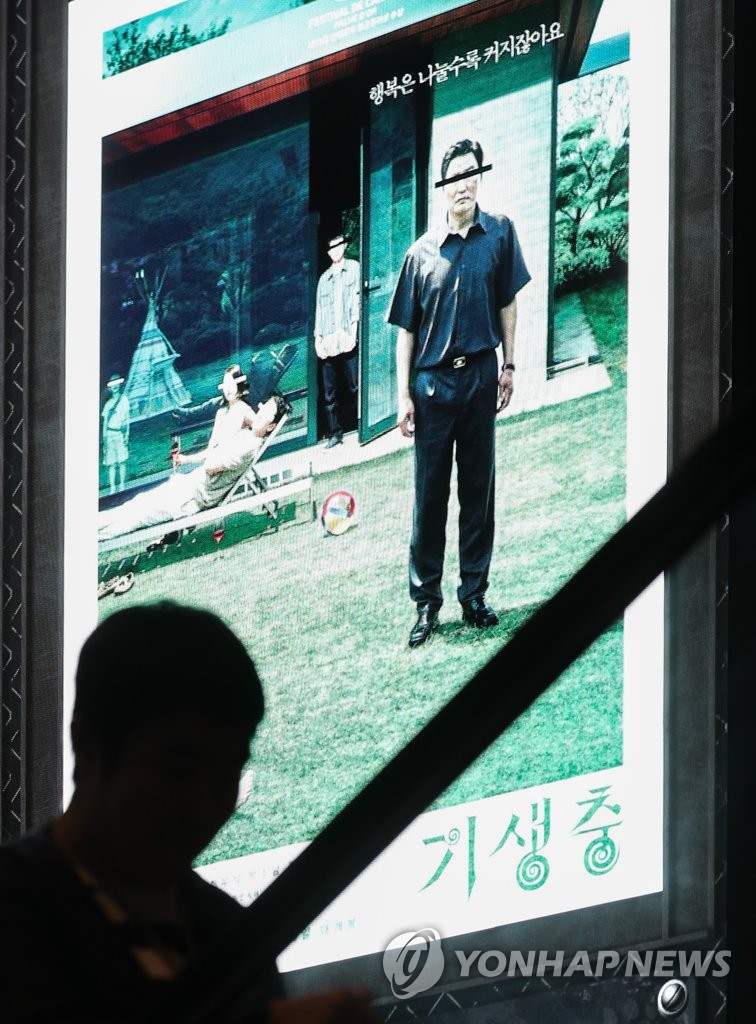- California Assembly OKs highest minimum wage in nation
- S. Korea unveils first graphic cigarette warnings
- US joins with South Korea, Japan in bid to deter North Korea
- LPGA golfer Chun In-gee finally back in action
- S. Korea won’t be top seed in final World Cup qualification round
- US men’s soccer misses 2nd straight Olympics
- US back on track in qualifying with 4-0 win over Guatemala
- High-intensity workout injuries spawn cottage industry
- CDC expands range of Zika mosquitoes into parts of Northeast
- Who knew? ‘The Walking Dead’ is helping families connect
‘Crash Landing on You,’ BTS, ‘Parasite’ lead ‘hallyu’ popularity in 2020: report
The Korean drama “Crash Landing on You,” K-pop dynamite group BTS and the Oscar-winning film “Parasite” were among the top drivers of the Korean Wave, or “hallyu,” last year, a government report showed Thursday.
Some 9.5 percent of hallyu fans picked the romance flick “Crash Landing on You” as their favorite Korean drama, followed by “It’s Okay Not to Be Okay” at 4.1 percent and “The World of the Married” at 2.8 percent, according to an annual survey conducted by the culture ministry and the Korean Foundation for International Culture Exchange.



This photo, provided by tvN, shows a scene from the Korean romance drama “Crash Landing on You.” (PHOTO NOT FOR SALE) (Yonhap)
In the category for singers, BTS topped the chart with 22 percent, followed by BLACKPINK at 13.5 percent and “Gangnam Style” star Psy at 2.9 percent. The rankings did not change from a year earlier, but the proportion of people who picked BTS and BLACKPINK as their favorite singers increased on-year.
For Korean films, the black comedy “Parasite” ranked No. 1 with 18.4 percent, followed by the 2016 thriller “Train to Busan” at 10.2 percent. The 2020 film “Peninsula” first made it on the top three with 3.5 percent.
The annual report also showed that hallyu fans consumed more Korean cultural products during the pandemic. Demand for Korean variety shows, dramas and games increased the most as more people relied on digital content.
By overall portion, dramas were the most popular hallyu content, with 29.7 percent of the respondents saying they watched Korean dramas. Beauty products and videos came next at 27.5 percent, followed by variety shows and fashion-related products at 26.9 percent and 24.8 percent, respectively.
The report, meanwhile, showed that those who agreed to negative sentiment about hallyu reached 24.4 percent, down 2.2 percentage points from a year earlier. Some 25.9 percent said they felt hallyu was too commercial.
The report was compiled based on a survey of 8,500 hallyu content consumers in 18 countries, including China, Japan, Indonesia, the United States and Turkey. It was conducted in the form of an online survey between September and November last year.
For questions on their favorite Korean drama, film and singer, respondents were asked to write down their top choice instead of choosing from a list of answers.











